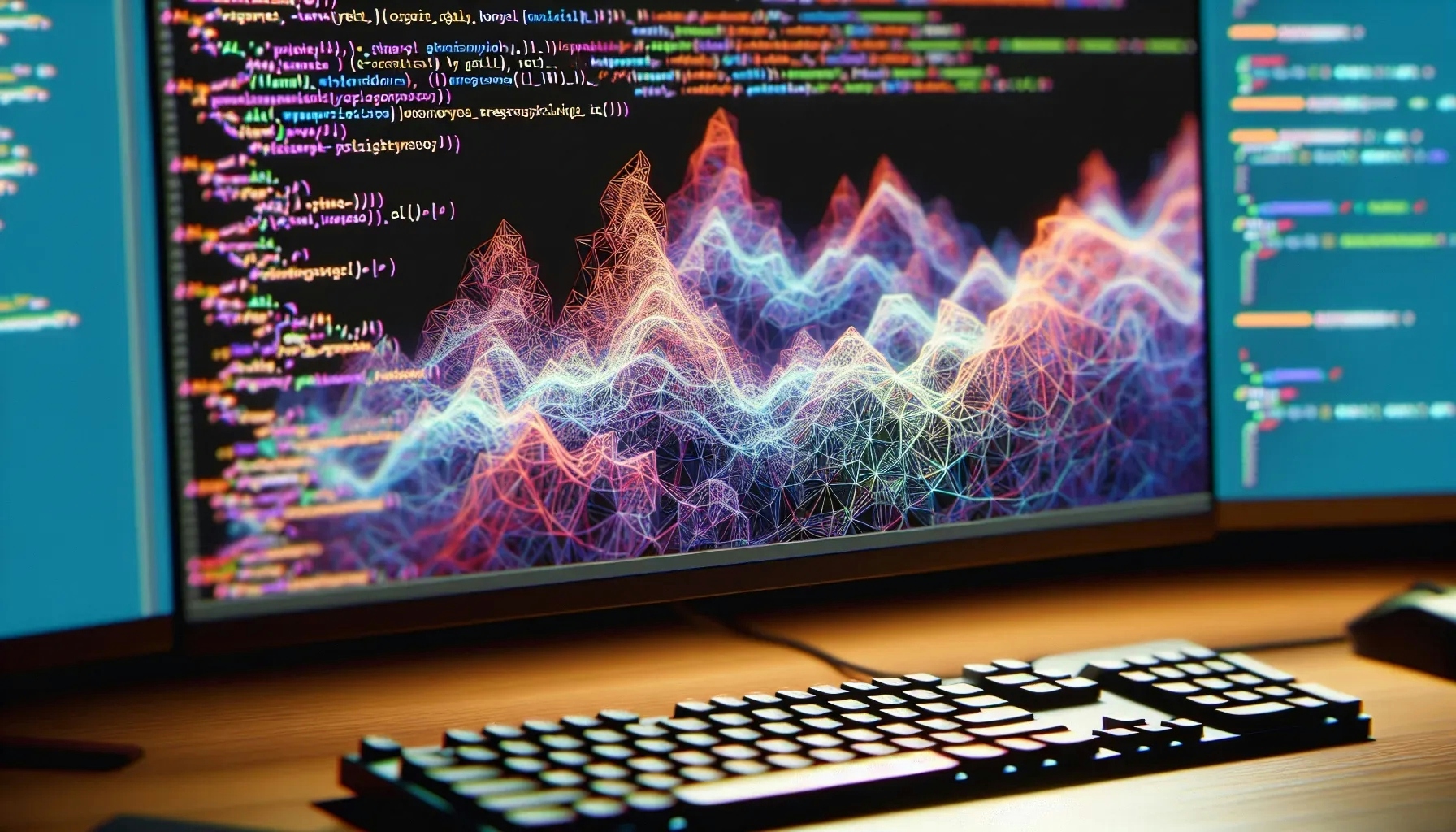What Tools Or Resources Are Invaluable for Game Developers?
When we asked game developers about the tools that have become cornerstones of their craft, a Unity Developer emphasized the versatility of 'Blender: A 3D Game Dev Staple'. Alongside expert perspectives, we've gathered additional answers that span the spectrum of game development essentials. From the foundational role of game engines to the significance of an Integrated Development Environment (IDE) for coding efficiency, these insights reveal the resources that are invaluable to the game creation process.
- Blender: A 3D Game Dev Staple
- Game Engines: Flexibility and Tools
- Version Control: Collaborative Workflow
- Asset Libraries: Quick Prototyping
- High-End Graphics: Essential for Development
- IDE: Coding Efficiency in Game Dev
Blender: A 3D Game Dev Staple
Blender has been a blessing to use. It's open-source and free. I've used other 3D modeling software before that would crash constantly, which was named as the 'industry standard,' but Blender blows other programs out of the water. Although it has a steep learning curve initially, the multiple keyboard shortcuts are actually wonderful because they save you so much time instead of trying to sort through menus to do what you want. Blender is lightweight, highly customizable, and widely applicable for any 3D game or experience.

Game Engines: Flexibility and Tools
A robust game engine, such as Unity or Unreal, provides a flexible platform for developers to create and iterate on their game ideas. These engines come with an array of tools that aid in designing, scripting, and compiling game elements. Features like physics simulations and animation systems facilitate a more realistic gaming experience.
Furthermore, they support various platforms, which is crucial when targeting a wide audience. If you're exploring game development, start experimenting with one of these engines to bring your creations to life.
Version Control: Collaborative Workflow
Having a comprehensive version control system, like Git, is crucial in managing the changes to game code and assets efficiently. It allows multiple developers to work on the same project simultaneously without overwriting each other's work. This system also helps to keep a historical record of who made what changes and when, which is invaluable in a collaborative environment.
Recovery of previous versions in case of an error becomes simpler too. Dive into version control to maintain a solid workflow and safeguard your project's progress.
Asset Libraries: Quick Prototyping
Quick prototyping is greatly enhanced by having access to diverse asset libraries. These libraries provide a plethora of ready-made elements such as textures, models, and sounds that can be used to rapidly develop prototypes. This not only speeds up the creation process but also helps in testing game dynamics early on.
By using these resources, developers can focus more on the gameplay mechanics instead of getting bogged down by asset creation. For aspiring game creators, it's worth delving into these asset libraries to accelerate your game development journey.
High-End Graphics: Essential for Development
A powerful computer with high-end graphics capabilities is essential for game development. It allows developers to create more detailed and graphically complex games. Moreover, modern game development often requires working with advanced graphics and rendering techniques that demand significant processing power.
A capable machine ensures smoother workflows and faster testing cycles, ultimately boosting productivity. Those planning to start developing games should consider investing in a strong computer to handle the demands of game creation.
IDE: Coding Efficiency in Game Dev
The use of a specialized Integrated Development Environment (IDE) is fundamental for coding and debugging in game development. An IDE typically includes a code editor, debugger, and other necessary tools that speed up the coding process and help find errors more easily. This environment can greatly enhance the efficiency of writing and refining game code.
Because of the complexity involved in game programming, having an IDE tailored for development is immensely helpful. Take the time to choose an IDE that suits your game development needs and start building your game with efficiency.

